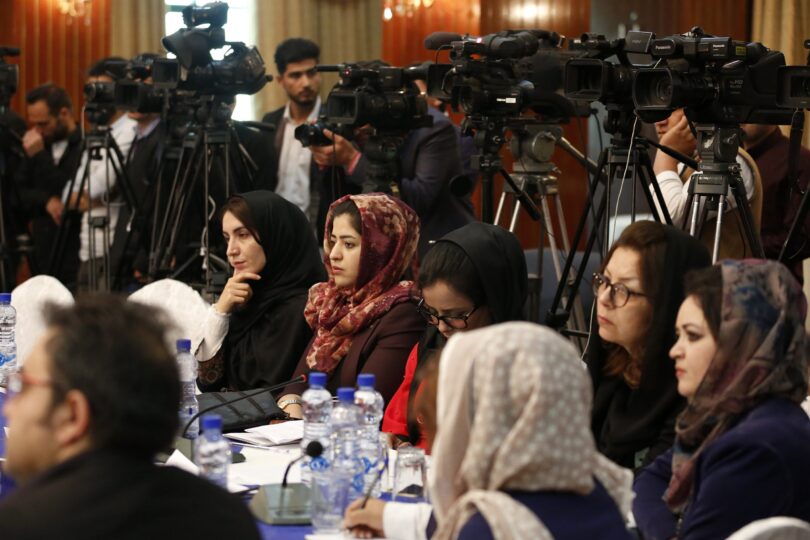KABUL (Agencies): After two years of uncertainty and press restrictions, the Taliban has presented a draft for a new media law in Afghanistan, seeking approval from their leader. Zabihullah Mujahid, the spokesperson of the de facto administration, revealed that the country’s new media law draft has been finished and forwarded to the supreme leader for approval. He underscored its adherence to media principles. Mujahid announced that once ratified in the coming days, this law will be extended to all media outlets. It permits foreign and international media to function in Afghanistan, contingent upon their adherence to the country’s internal regulations. Mujahid stated that roughly 70% of the draft is from the old law. Changes were implemented to harmonize it with Islamic Sharia law, similar to the media law from the previous Afghan government. Addressing concerns about gender-based restrictions, the Taliban spokesperson affirmed that the new draft contains no such limitations. They clarified that all Afghan citizens would have the opportunity to establish, oversee, and participate in media organizations. Foreign media, including prominent broadcasters like BBC and Voice of America and freelance journalists, can operate in Afghanistan, given their adherence to domestic laws. Media support organizations insist on urgent approval of the media law, citing challenges in addressing media and journalist issues without its framework. During the past two decades of Afghanistan’s democratic development, media outlets and press advocacy groups flourished with substantial funding and assistance from international donors. However, the Taliban maintain suspicion toward Western-supported endeavours advocating democracy and human rights. Mujahid’s statement needed to be more explicit about Afghan media outlets’ eligibility for foreign funding. “The law requires that funding sources must be transparent,” he said emphatically. The Ministry of Information and Culture approved the previous government’s mass media law about a year ago. A new media law is being passed, but journalists and media-supporting officials criticise the Taliban administration. They argue that the new law is biased and neglects input from various groups, including women.







